If you're reading this, you're probably in some form or another, a creature of social media. It's a core part of how we interact and connect and just simply ARE everyday. Yet increasingly, it's a source of anxiety and frustration for many of us. Some, to the point that we throw in the towel or get off of it all together.
At the root of this is that many of us are looking for ways to take more responsibility both for what we allow into our lives as much as what we put out into the world.
So I want to share a few thoughts on how to do just that, and to have a healthier relationship with social media (and yes, it may mean less time online and more time in real life).
First, recognize that it's A medium, not THE medium -- it's one of many tools for communicating and for living your life. It's a means, but by no means the ONLY means, for connecting. So you should use it accordingly. It's meant to be a tool, not a replacement, for social interactions.
Second, it's inherently social. It's a two-way or multi-way conversation. It’s a way of interacting. That means no press releases, no broadly directed, vague verbal vomit out to the universe. It means not complaining just to complain, or venting with out any intention of taking meaningful action. It means engaging with others online in ways that are respectful, funny and honest, not bullying, harassing or about a race to the bottom. Be having the types of conversation you want to see in the world.
Third, your life matters offline more than it does online. The big moments and the small ones -- even if you don't post about it or share about. That thing really DID, actually, probably happen even if you don't post about it on Instagram or Twitter or Facebook. You're relevant -- you really do matter -- even if you don't comment or weigh in on every thread.
Fourth, be someone who distinguishes between fake and real. Sometimes it's hard, but sometimes it's way easier than you might realize with just the smallest amount of thought and common sense. Don't be that person who contributes more of what's fake. Don’t keep contributing a polished, sanitized, untrue version of yourself. Take off the mask, stop with the presentations, and just engage as you would in real life — maybe a little more open, a little less perfect, a little more vulnerable, a little less constructed. Be honest about who and what you are “liking” — really honest — and why.
Fifth, less is more, fewer is better, simpler is richer. Dial down the noise, dial up the quality content. One way to do this: have a distinct point of view, or clear purpose that you use social media for. Rather than it documenting everything you do on the weekend or treating every moment in your life as a scrapbook to share with yourself and the world online, maybe just create the scrapbook for yourself and instead consider what you put into the world. Have a point of view or a purpose for what you share and why.
Last, know your triggers. Think about what triggers you and bothers you online...and then unfollow them. Don't engage. Limit your access. Just turn those accounts off. It's a free service, and the brilliance of these platforms and their algorithms is they are tools that help you connect with more that should provide meaning. If you don't like something don't let it into your life.
If we all try to be a little more purposeful, intentional, and thoughtful about how we give out "likes" and comments, about the pictures and videos we share and what we say, and importantly, what we let into our own lives, you'll get way more out of these tools. It may mean spending less time each day passively riding along...but more time actively participating and showing up.
